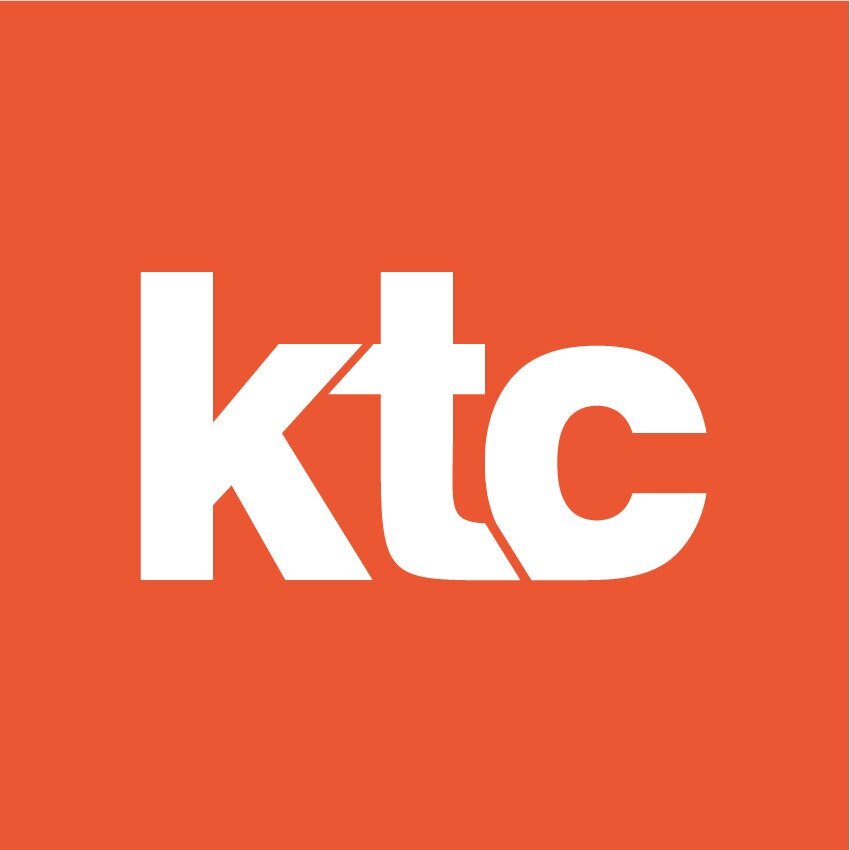The future of Health in 4 trends.
Also available on Emerce (NL)
Innovation and care have always been a difficult combination. The complex ecosystem of hospitals, general practitioners, health apps, therapists, healthcare institutions, pharmacists and health insurers makes the adoption of new services and business models viscous.
Nevertheless, there are great examples of innovations within this ecosystem, especially if we look internationally. An example is Alto, the pharmacy I would love to see launched in the Netherlands; With a user-centricity that you only know from large online companies, they not only make the purchasing process a lot easier, but also provide a number of great services for which you have to go through all kinds of difficult procedures here in the Netherlands.
Boost
In recent months, innovation in healthcare has given a nice boost. While entire industries such as tourism are on hold, Pharma, Mental Health and e-health are booming and breaking old paradigms as we only saw them in much more disruptive industries such as e-commerce. Personal health is becoming digital-first Telehealth (the consultation of your doctor or a specialist via instant chat, a call or video) media reports more than doubled between the fourth quarter of 2019 and the first quarter of 2020. It is now a consolidated solution for appointments and here to stay. Together with e-health on the supply side, the GP's office, it can drastically reduce the number of unnecessary consultations and referrals between GPs and specialists.
Renewed confidence
This renewed confidence in digital may have arisen out of necessity, but at the same time it offers time-saving and flexible benefits that doctors will not let go of in the future. The same goes for using advanced technology like AI-implemented chatbots and data-driven triage like the CDC Coronavirus chatbot has done last month. Through relevant technology (AI, Chatbots, iMessaging, APIs) unnecessary processes can be accelerated and reduced and bottlenecks can be uncovered.
Pitfall
At the same time, this digital-only world is creating a new pitfall, one that we have often fallen into anyway, namely a lack of empathy in the entire ecosystem. All employees need empathy, from patient to nurse and from the therapist to the doctor. With digital services, not only the high-tech but also the high-touch card has to be played. Much more in health care than in other industries.
New hybrid services and newcomers
Not only have we seen new players emerge in the health ecosystem in recent months, such as Uber Eats, who delivers medicines to the home in Brazil. In the US, hybrid services are born out of a desire for equal healthcare for all. Alto, a San Francisco-based digital pharmacy, combines a regular pharmacy's range with personalized advice tied to specific areas (dermatology, fertility, and others), researching the best price of medications, and delivering to your door for free. At the same time, specialized health services, such as Maven, are being designed to address the health of women and families - helping with fertility, motherhood and return to work.
Point solutions
These are just a few examples. At the moment there are (too) many point solutions, which represent only one point in the customer journey. There are many ways to integrate these directions into a better and more complete service. That this can also come from completely different sectors, proves Oscar in the US, a health insurer that also offers services in the field of care. The past few months serve as a good basis for mapping the new customer journey of patients via new platforms, new (improvised) services that form the basis of new services.
Virtual buddies, mental health and home diagnosis
Telemedicine's sibling for wellness and mental health was already growing - Teletherapy, virtual buddies and mindfulness apps. After the tremendous success of apps such as Calm and Headspace (with a profit of $ 92 and $ 56 million in 2019), a new wave of services is reaching the consumer pocket. Like AI-powered mindfulness chatbots apps like Wysa and Youper, developed with psychotherapists and drawing on cognitive behavioral theories. They combine mindfulness techniques, meditation and depression, and anxiety screening, allowing users to manage their emotional state over time. Also Live Chat with therapists and coaches such as Talkspace offer online therapy via chat, audio and video starting from $ 65 dollars per week in the US. The service opens a door for patients to talk on their terms, with a 65% growth in consultations between March-April 2020. Take advantage of new services associated with your brand. Pharmaceut? Connect to fitness and wellness for a holistic view of health. Hospital? Develop a mental health initiative for employees.
Routines and expectations
Going to the doctor has now been reduced to strictly necessary emergencies, and home tests are becoming the solution on the go, not only to combat COVID-19, but also to perform everyday tests. US-based LetsGetChecked received $ 71 million in support to run all medical tests at scale. Now that health checks will be carried out more massively, this will be based on routines and expectations of consumers and patients. Not only does this provide an opportunity for a variety of personal health apps and gadgets, but also meaningful kits for diagnosis, such as Karius and Lyra from the US.
Innovators, bring it on
In short, the last few months have been a boost for the possibilities and adoption of home services and all kinds of tech-driven other initiatives. There is more confidence in processes that are digital-only, so make sure that your digital proposition gives end users a real improvement, be they patients, therapists, doctors or nurses. The door for real renewal is wide open.
